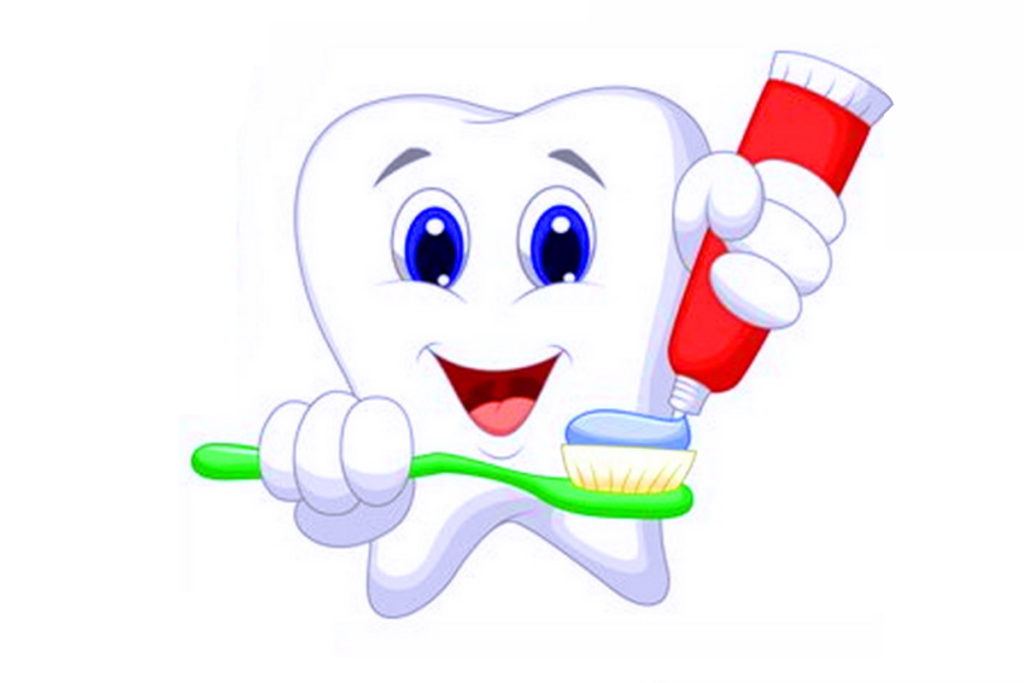
When touching on the topic of preventing children’s caries, the question arises: why pay so much attention to this problem if babies grow milk teeth, which will soon be replaced by permanent ones? It would seem an obvious question, but a pediatric dentist will give a bunch of arguments in defense of the early prevention of this disease and strengthening the tooth enamel of a young growing organism.
Any specialist will confirm that you need to worry about the health of your baby’s teeth even before his birth, during the mother’s pregnancy. This is an extremely important period. It is at this time that future teeth are formed. Therefore, it is necessary to take a number of measures aimed at their correct formation:
- the diet of the expectant mother should contain foods high in phosphorus, calcium and other useful elements (dairy products, fish);
- it is important to monitor oral hygiene (carefully brush your teeth);
- be sure to follow all doctor’s prescriptions and take a complex of vitamins aimed at preventing deficiency of nutrients (vitamins for pregnant women);
- take care of your teeth, excluding the possibility of transmitting caries to the baby (carry out a complete sanitation at the dentist).
From birth to year
Prevention of caries in the first year of life is extremely important. Breastfeeding is at the heart of prevention during this period. With mother’s milk, useful substances enter the child’s body. The longer the child receives them, the less likely the risk of developing caries will be. Breastfeeding directly contributes to the formation of dental tissue. Mother’s milk is perfectly absorbed by the child’s body, contributing to the formation of tooth enamel.
It is necessary to start brushing your teeth immediately after their eruption using a special brush in the form of a cap worn on the finger. This method effectively removes food debris and improves blood supply to the baby’s gums.
From one to three years
Starting from about a year old, you can use children’s toothpaste. However, it must be taken into account that the first paste should not be fluoride, as small children often swallow part of the paste. At the same time, you can give your child the first toothbrush, which has a small head and is made in the form of a funny little animal.
From three years to seven
At this time, the child brushes his teeth on his own. It is important to teach him to do this not only regularly, but also correctly. It is also important to choose toothpaste and brush according to age. The brush should be changed every 3 months.
Seven years and older
Starting from school age, it is necessary to especially strictly monitor the condition of the child’s teeth. Add healthy vitamins and minerals to your diet, and visit your dentist at least twice a year. The period of replacement of milk teeth with permanent teeth should, if possible, be supervised by a pediatric dentist.
Regardless of age, there are several general recommendations for preventing childhood caries. This is directly related to a balanced diet. You need to minimize the amount of sweets that are harmful to your teeth. It is extremely important to give your child solid food in the form of carrots, apples and other vegetables and fruits that mechanically clean and strengthen teeth, as well as foods containing calcium.
Everyone understands that the disease is easier to prevent than to cure, so caring and loving parents should help their child keep their teeth healthy and strong. To do this, you must follow all the preventive measures described, and then you, together with a smiling baby, will say in unison: No to caries!
